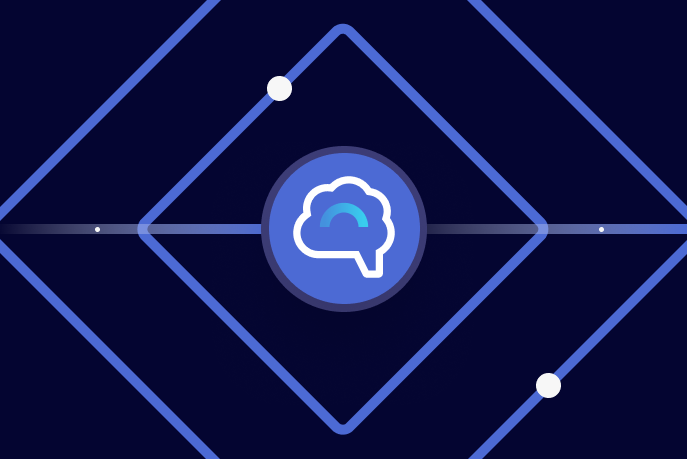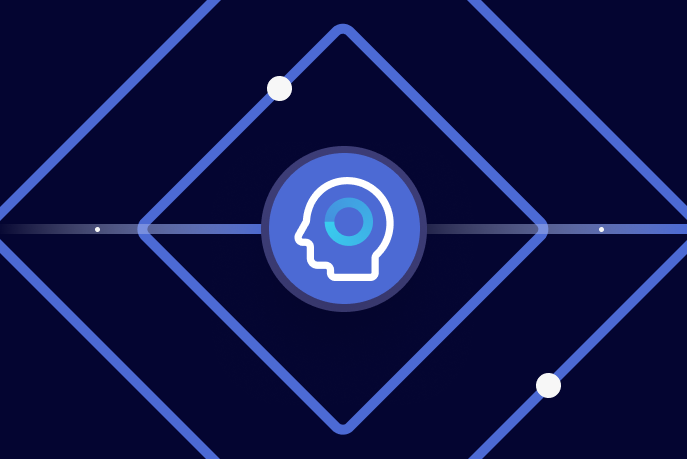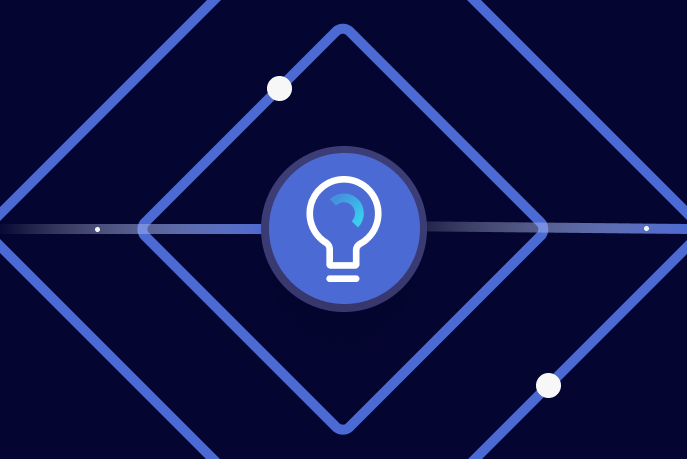Apache Kafka®️ 비용 절감 방법 및 최적의 비용 설계 안내 웨비나 | 자세히 알아보려면 지금 등록하세요
Big Ideas
Data Products, Data Contracts, and Change Data Capture
Change data capture is a popular method to connect database tables to data streams, but it comes with drawbacks. The next evolution of the CDC pattern, first-class data products, provide resilient pipelines that support both real-time and batch processing while isolating upstream systems...
Unlock Cost Savings with Freight Clusters–Now in General Availability
Confluent Cloud Freight clusters are now Generally Available on AWS. In this blog, learn how Freight clusters can save you up to 90% at GBps+ scale.
Unleash Real-Time Agentic AI: Introducing Streaming Agents on Confluent Cloud
Build event-driven agents on Apache Flink® with Streaming Agents on Confluent Cloud—fresh context, MCP tool calling, real-time embeddings, and enterprise governance.
Streaming Data Integration with Apache Kafka®
Streaming data integration supports enriched, reusable, canonical streams that can be transformed, shared ,or replicated to different destinations, not just one.
Data Streaming Platforms: The Cornerstone of Enterprise AI
Discover how a data streaming platform helps you unlock the full potential of your AI—and translates it into measurable business value.
Developer Experience in the Age of AI: Developing a Copilot Chat Extension for Data Streaming Engineers
AI is bringing changes in developer experience… we shared what we learned in this article about creating our new GitHub Copilot chat extension for data streaming engineers.
5 Steps to Building With AI: What It Can Do Reliably (and How to Start)
This post introduces the VISTA Framework, a structured approach to prioritizing AI opportunities. Inspired by project management models such as RICE (Reach, Impact, Confidence, and Effort), VISTA focuses on four dimensions: Business Value, Implementation Speed, Scalability, and Tolerance for Risk
Unlocking Data Insights with Confluent Tableflow: Querying Apache Iceberg™️ Tables with Jupyter Notebooks
This blog explores how to integrate Confluent Tableflow with Trino and use Jupyter Notebooks to query Apache Iceberg tables. Learn how to set up Kafka topics, enable Tableflow, run Trino with Docker, connect via the REST catalog, and visualize data using Pandas. Unlock real-time and historical an...
Shifting Left: How Data Contracts Underpin People, Processes, and Technology
Explore how data contracts enable a shift left in data management making data reliable, real-time, and reusable while reducing inefficiencies, and unlocking AI and ML opportunities. Dive into team dynamics, data products, and how the data streaming platform helps implement this shift.
Your AI Project Has a Data Liberation Problem
Most AI projects fail not because of bad models, but because of bad data. Siloed, stale, and locked in batch pipelines, enterprise data isn’t AI-ready. This post breaks down the data liberation problem and how streaming solves it—freeing real-time data so AI can actually deliver value.
Agentic AI: The Top 5 Challenges and How to Overcome Them
Before deploying agentic AI, enterprises should be prepared to address several issues that could impact the trustworthiness and security of the system.
Event-Driven AI: Building a Research Assistant with Kafka and Flink
The rise of agentic AI has fueled excitement around agents that autonomously perform tasks, make recommendations, and execute complex workflows. This blog post details the design and architecture of PodPrep AI, an AI-powered research assistant that helps the author prepare for podcast interviews.
Three AI Trends Developers Need to Know in 2025
Continuing issues with hallucinations, the increasing independence of agentic AI systems, and the greater usage of dynamic data sources, are three AI trends you may want to monitor in 2025.
Announcing the Confluent for Startups AI Accelerator Program: Empowering the First Generation of Real-Time AI Startups
The Confluent for Startups AI Accelerator Program is a 10-week virtual initiative designed to support early-stage AI startups building real-time, data-driven applications. Participants will gain early access to Confluent’s cutting-edge technology, one-on-one mentorship, marketing exposure, and...
Getting Started with Generative AI
This series of blog posts will take you on a journey from absolute beginner (where I was a few months ago) to building a fully functioning, scalable application. Our example Gen AI application will use the Kappa Architecture as the architectural foundation.
GPT-4 + Streaming Data = Real-Time Generative AI
ChatGPT and data streaming can work together for any company. Learn a basic framework for using GPT-4 and streaming to build a real-world production application.
Uniting the Machine Learning and Data Streaming Ecosystems - Part 2
The ML and data streaming markets have socio-technical blockers between them, but they are finally coming together. Apache Kafka and stream processing solutions are a perfect match for data-hungry models.









